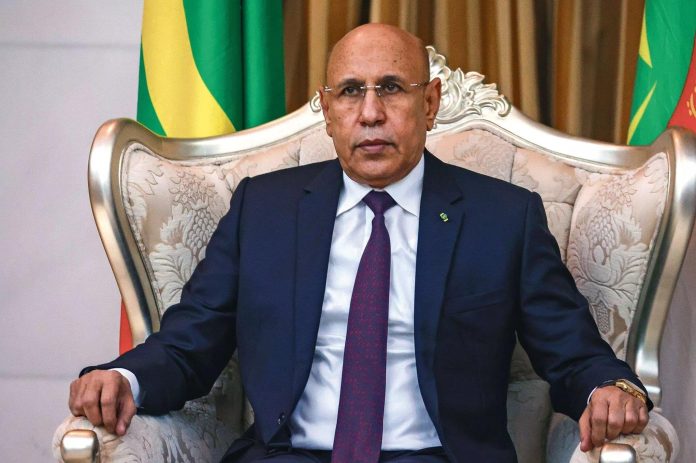The recent “private” visit of Mauritanian President Mohamed Ould Cheikh El Ghazouani to Rabat, as described by the Mauritanian state news agency, carries significant strategic weight for Morocco. Although devoid of official announcements, this trip unfolds against a backdrop of mounting regional tensions and evolving geopolitical dynamics. A closer examination reveals its critical importance for Rabat’s strategy in the Maghreb.
A tense and polarized Maghreb
This visit comes at a time when the Maghreb is witnessing intense geopolitical maneuvering. Days earlier, Algerian President Abdelmadjid Tebboune visited Nouakchott in what many analysts saw as an attempt to forge a “Maghrebian axis” aimed at sidelining Morocco. Algerian media openly touted the goal of rallying Mauritania to their side, exacerbating already strained regional dynamics.
For Morocco, these moves represent a pressing concern. Algeria’s efforts to create an anti-Morocco bloc risk undermining regional stability and threaten Rabat’s strategic interests in trade, security, and Maghrebian integration.
Mauritania: A neighbor best kept neutral
Traditionally, Mauritania has maintained a neutral stance in the Maghreb’s rivalries. However, Algeria’s growing pressure could destabilize this position. President El Ghazouani’s visit to Rabat provides Morocco with an opportunity to strengthen bilateral ties and ensure Mauritania continues its balanced approach.
The two nations share strategic interests, including combating terrorism in the Sahel, fostering economic cooperation, and managing cross-border trade. Morocco could use this occasion to propose tangible initiatives that solidify their partnership while countering Algeria’s attempts to pull Mauritania into a regional alignment against Rabat.
Morocco’s stakes: Neutrality or strategic alliance?
For Morocco, keeping Mauritania from aligning with Algeria is critical. A strengthened partnership with Nouakchott could not only preserve Mauritania’s neutrality but also expand collaboration in areas like security, food, economic development, and infrastructure. By offering beneficial projects, Rabat could cement its role as a stabilizing force in the region.
This visit also underscores Morocco’s broader strategy to position itself as a key player in regional stability. By fostering constructive dialogue and cooperation, Rabat can reinforce its leadership in addressing the region’s challenges while countering divisive strategies from its rivals.
A Moroccan strategy for a shifting region
President El Ghazouani’s visit to Rabat is far from a routine diplomatic gesture. It highlights the shifting dynamics of a Maghreb undergoing profound geopolitical reconfiguration. For Morocco, this moment is an opportunity to reaffirm alliances, defuse tensions, and showcase its commitment to dialogue and collaboration as cornerstones of its foreign policy.
By continuing to prioritize inclusive solutions and strengthening partnerships with strategic neighbors like Mauritania, Morocco is well-positioned to neutralize Algeria’s destabilizing efforts. This approach could not only maintain the balance in the Maghreb but also ensure lasting prosperity and security for the region.
Mohamed Mounadi





